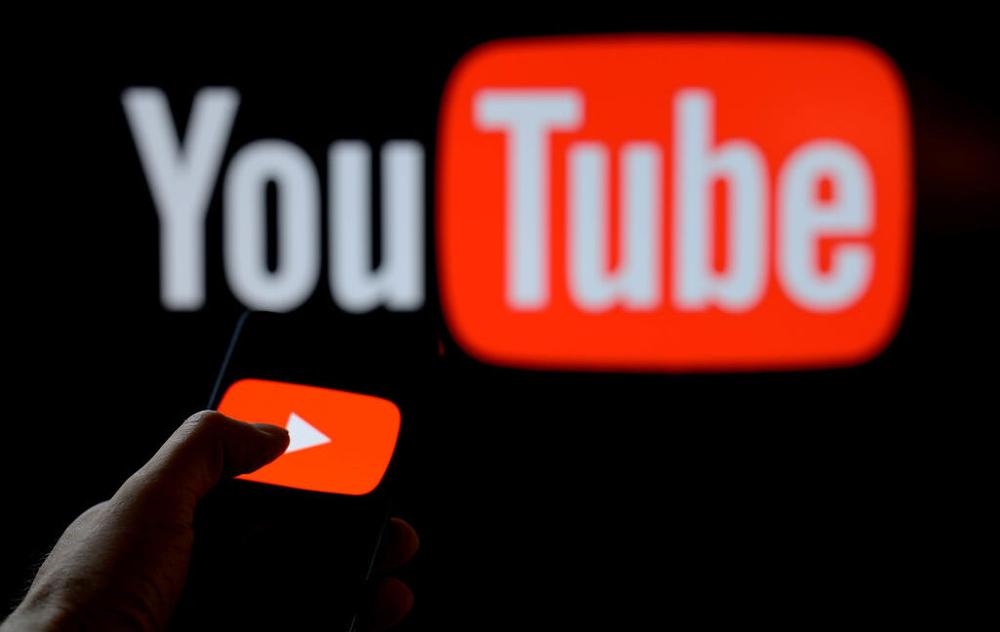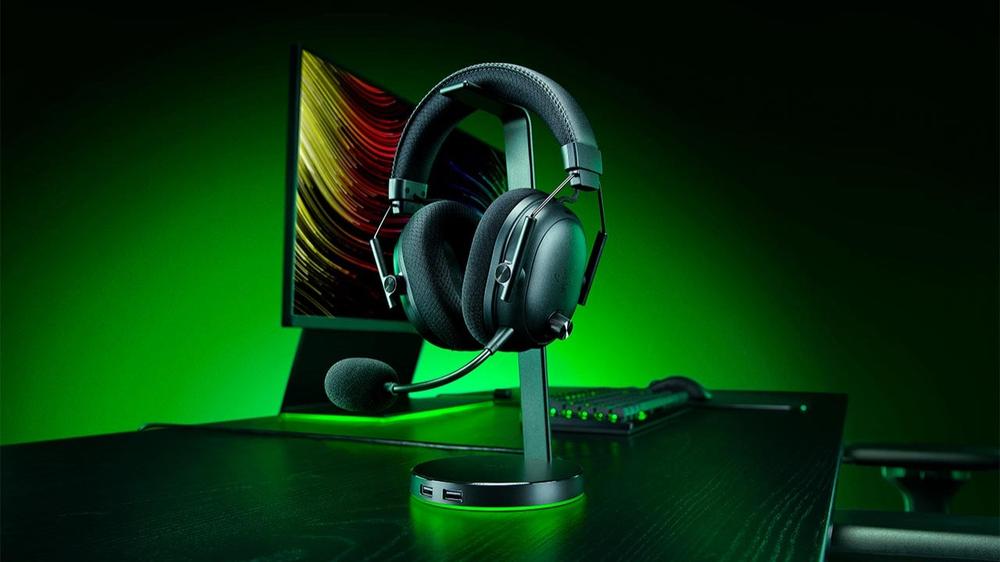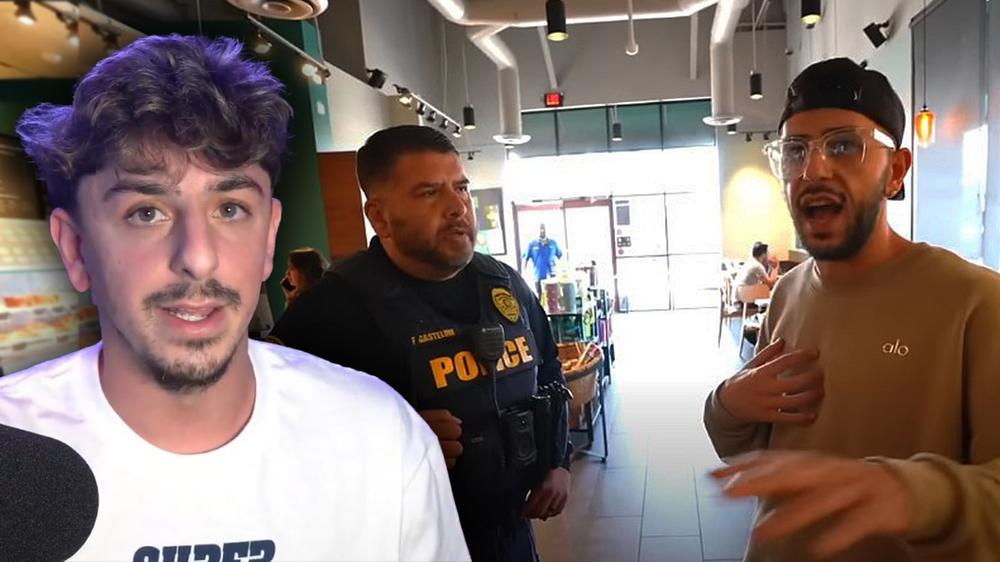Tens of thousands of YouTubers are raging against YouTube's plan to use AI to detect underage users in the US.
On Tuesday, a Change.org petition rapidly neared its 50,000-signature goal, with tens of thousands hoping that with enough users protesting, the wide rollout of the AI age checks might be stopped. They fear the age checks will make it harder to access content they love while staying anonymous on the platform
YouTube's age verification system estimates user ages by interpreting a "variety of signals," YouTube's announcement said, including "the types of videos a user is searching for, the categories of videos they have watched, or the longevity of the account."
If a user is estimated to be under 18, YouTube restricts the account by disabling personalized ads, turning on digital wellbeing tools to prevent young users from being bombarded with harmful content, and adding other safeguards, like limiting repetitive views of certain types of content. To lift these restrictions, YouTube requires users to share either a government ID, a credit card, or a selfie to authenticate their actual ages.
Privacy experts previously told Ars that YouTube's AI age checks are concerning. YouTube does not specify how any of the data received from users incorrectly labeled as teens will be used or how long it will be stored. A YouTube spokesperson only told Ars that the company "does not retain data from" a user's "ID or Payment Card for the purposes of advertising."
Users signing the Change.org petition shared privacy experts' concerns. They’re concerned that an invasive system of perhaps questionable quality will deem their viewing habits immature, requiring them to hand over data that could be leaked or breached. Experts have noted that even the best age-estimation tech has about a two-year error window on each side, meaning YouTubers between 16 and 20 may be especially susceptible to incorrect age estimation.
Among concerned users fighting to block AI age checks is the petition starter, an anonymous YouTuber who runs a monetized account exploring video game lore called "Gerfdas Gaming" (who, for simplicity's sake, we'll refer to as Gerfdas).
Gerfdas told Ars that YouTube's appeal process "raises major privacy concerns," leaving YouTubers wondering, "where is this sensitive data stored, and how secure is it?"
"If YouTube suffers a breach, people’s names, IDs, and faces could end up in the wrong hands," Gerfdas suggested.
Gerfdas also takes issue with the AI age verification system itself, noting that any monetized account already shares personal information with YouTube, but it's disturbing to think that the AI is scanning every user's viewing habits in the background just to catch some kids improperly using the platform. Several commenters on the petition noted that the AI age checks seemed to be created mainly to appease parents who struggle to police their own kids' viewing habits, repeatedly asking, "Isn't this why they made YouTube Kids?"
"Even without requesting ID, why is an AI combing through every single video I watch?" Gerfdas posited. "As an adult, I should be able to watch what I want within the law—and if the viewer is a child, that responsibility belongs to their parents, not a corporation."
YouTube did not respond to multiple requests to comment and so far has not acknowledged Gerfdas' petition. But Gerfdas is hoping that enough backlash may force YouTube to rethink its AI age checks, telling Ars that "even if they don’t respond right away, we’ll keep making noise until they do."
Adult YouTubers defend childish viewing habits
As Ars monitored, hundreds of self-described YouTubers joined Gerfdas' petition hourly. Gerfdas told Ars the petition's popularity suggested that "this isn’t just a YouTube issue." As age checks become more commonplace across the Internet due to regulatory pressure globally, people motivated to defend digital freedom are balking and increasingly banding together, Gerfdas said.
"To a lot of people, this feels like mass surveillance and censorship under the banner of 'protecting kids,'" Gerfdas told Ars. "People want a free, open Internet without having their activities constantly tracked or filtered."
For YouTubers signing Gerfdas' petition, the pressure is on to disrupt age-verification trends that, experts told Ars, risk exposing vulnerable users who rely on anonymity to use YouTube. That includes queer YouTubers, one of whom commented that sharing their ID or selfie to appeal an AI age check would "absolutely be putting myself in danger."
The obvious question for critics is how a YouTube watch history could possibly be a reliable age indicator, especially since many adults are nostalgic for childhood content on YouTube. One commenter, Estelle, said that she "relies on childish and silly content to get through the rough days" as a person with disabilities. Videos like "toy unboxings" or "silly animations" offer one way "to literally cope in a world that doesn’t want me in it," she wrote, noting that "nobody asked for" some "weird dumb robot policing" YouTubers for loving videos made for kids.
Some commenters with autism suggested that they may be specifically targeted by the AI system since their special interests may be perceived by AI as "childish." Others identified as parents wondering how the AI system might interpret moments when their child uses a shared account.
Privacy experts have criticized YouTube's lack of transparency on its AI age-estimation system, noting that YouTube has not shared any external research verifying the model's effectiveness. One YouTuber signing Gerfdas' petition, Karina, pointed out a recent Discord mishap in which a 30-year-old was flagged as underage, while noting that AI age checks on other platforms haven't been that reliable.
"I'm autistic," Karina wrote. "It's not fun being a grown woman and being treated like a child because of your interests." Further, "the first rule of Internet safety is to never give out your personal information online, because it's so easy for it to get stolen," Karina said. "It's concerning that YouTube somehow thinks that this is a good idea."
Expressing distrust in YouTube's AI was a common theme throughout the petition, as well as expressing distrust in YouTube's motives in launching the AI system. One commenter, Ananda, fumed, "This new policy is all about data mining to get rid of anonymity on the Internet once and for all. The Internet should not be a sanitized corporate theme park where everything is monetized and moralized."
Another particularly grumpy commenter summed up criticism of YouTube's AI age checks, writing, "We're not living in a dystopia. We're living in Earth. I refuse to give ID or identification to watch damn videos."
For Gerfdas, it's likely hard not to be sympathetic to another group of commenters signing the petition—teen content creators who don't want AI to restrict their YouTube activity. Gerfdas started watching YouTube at 13, eventually starting a channel as an adult in 2023 after being heavily influenced by favorite content creators Gerfdas grew up watching.
In an ideal world, Gerfdas told Ars, YouTube would end the AI age-check experiment and keep the prior system, while maintaining efforts with YouTube Kids to help parents restrict children's viewing. Although Gerfdas partly depends on the platform for income, if YouTube launched the AI system platform-wide, Gerfdas said then it might be time to "seriously" consider leaving.
"We cannot allow YouTube to quietly implement AI surveillance that violates privacy and autonomy," Gerfdas' Change.org petition said. "Once these systems are normalized, they rarely go away—they expand. If we don't speak up now, we risk losing our ability to browse, create, and enjoy content freely. This is about more than YouTube. This is about digital freedom."

 The Razer BlackShark V3 Pro Noise Canceling Wireless Gaming Headset Is Now Available at Best Buy
The Razer BlackShark V3 Pro Noise Canceling Wireless Gaming Headset Is Now Available at Best Buy